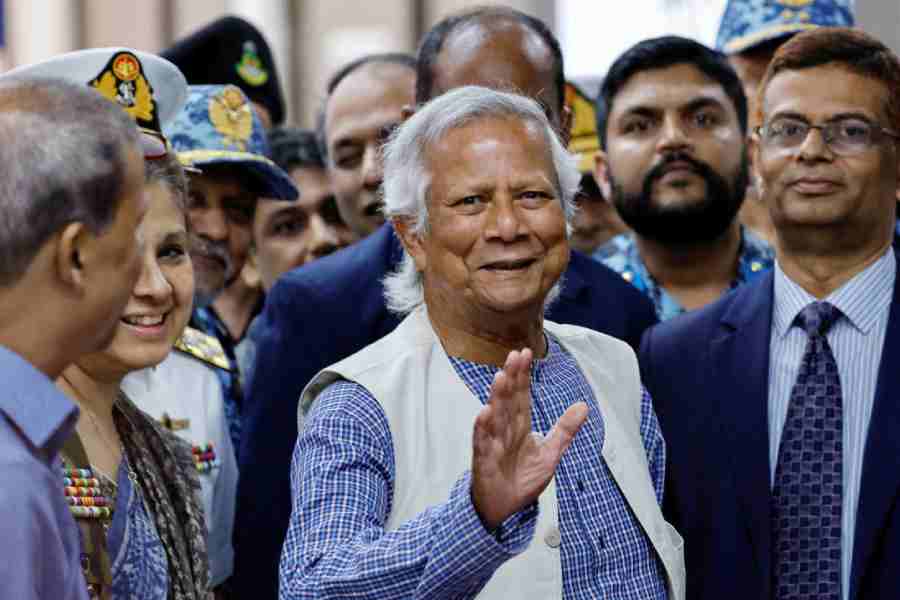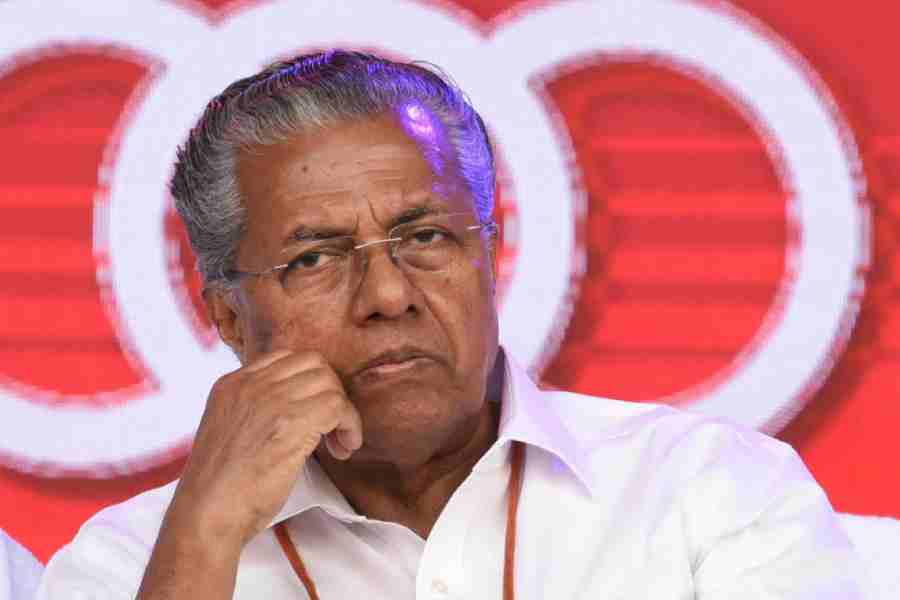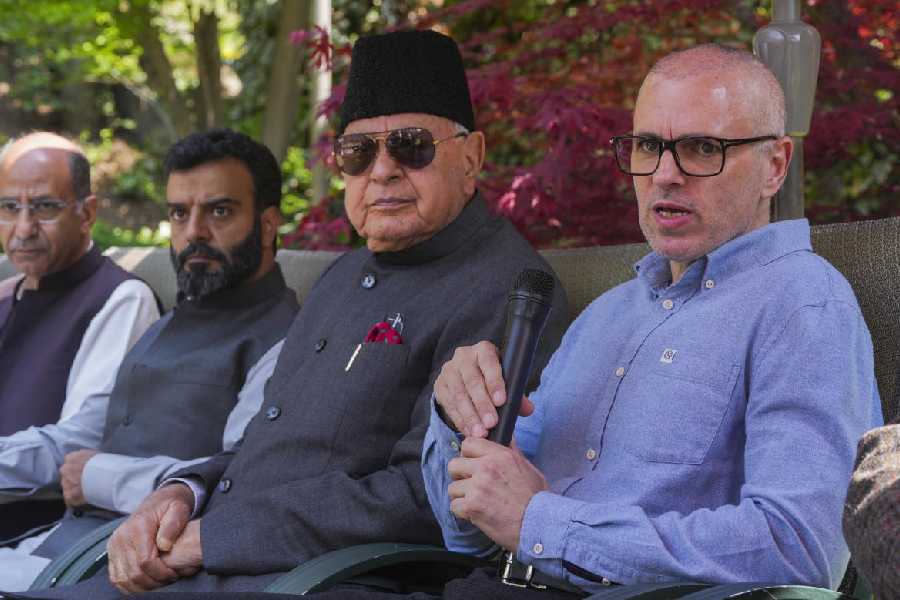Jharkhand government officials and gram panchayat members felt the need to strengthen the role of panchayats level community institutions in deliberating, designing and implementing locally-led climate actions.
During the second edition of the conference of panchayats (CoP) 2024 — a climate action dialogue initiative hosted by the Policy and Development Advisory Group (PDAG-a social impact organization), Asar (working on social and environmental issues) and Damodar Bachao Abhiyan (an organization working to make Jharkhand’s river pollution-free, especially in Damodar valley) at Ranchi on Tuesday had participants discussing the escalating impacts of climate change and explored community-driven strategies for resilience.
Jharkhand is heavily reliant on agriculture and natural resources and mining and is particularly vulnerable to the effects of climate change and energy transition, making it essential to strengthen decentralised governance through Panchayati Raj Institutions (PRIs). The CoP over the two years has highlighted the importance of leveraging Indigenous knowledge and community-led initiatives to offer insights into local ecosystems and effective coping mechanisms
Principal secretary forest, environment and climate change, Jharkhand, Vandana Dadel, who attended the forum stressed on the critical need for integrating local perspectives and knowledge into state policies.
“There is a critical need for integrating local perspectives and knowledge into state policies to foster sustainable development and build resilience against climate-induced challenges, especially in the light of the state’s vulnerability to climate change,” said Dadel. PRI representatives from Jharkhand shared narratives that showcased the use of indigenous knowledge and community-driven initiatives to adapt and build resilience against the effects of climate change.
Climate practitioners discussed successful strategies and best practices in climate adaptation and mitigation. The discussions emphasised the need for a collaborative, multi-stakeholder approach to tackle climate change, exploring the integration of local community feedback into government plans and identifying successful collaboration models.










